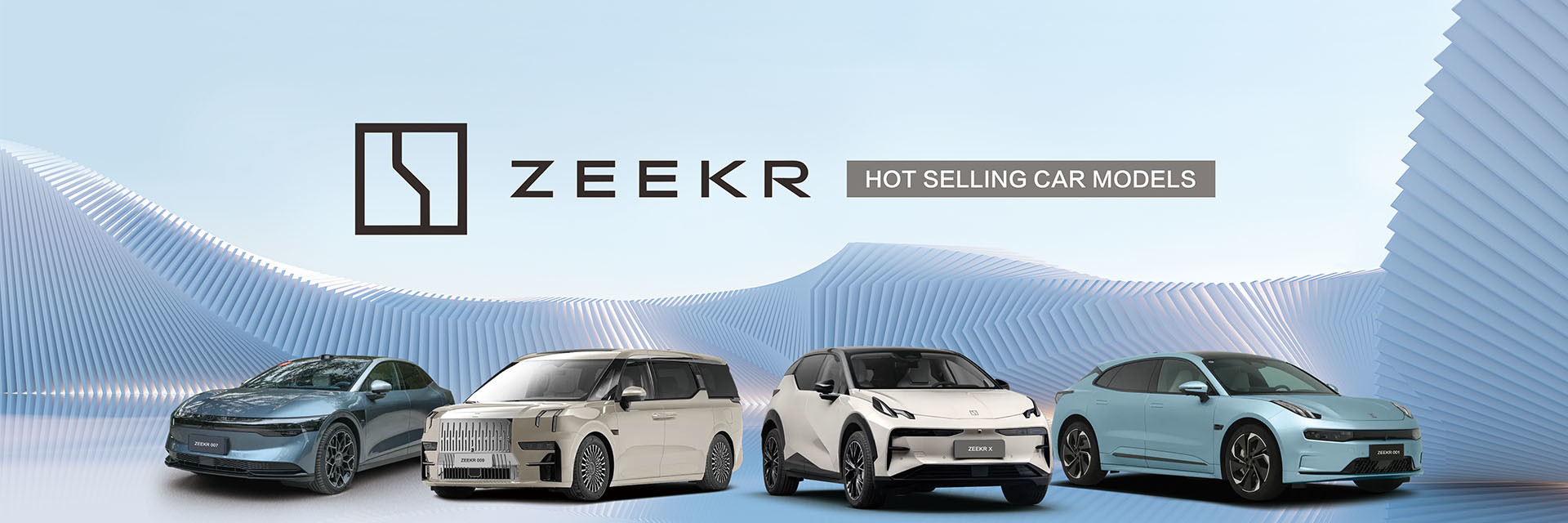Brand Value of 190.98 Billion Yuan! China Automobile News Makes the "Top 500 Most Valuable Brands in China" List Again
On June 19th, the 2024 (21st) "World Brand Conference" hosted by the World Brand Lab took place in Beijing, where the 2024 "Top 500 Most Valuable Brands in China" analysis report was released. In this annual report, which is based on financial data, brand strength, and consumer behavior analysis, China Automobile News once again made the list with a brand value of 190.98 billion yuan, and it is the only automotive media to be included.
It is reported that this year marks the 21st year of the World Brand Lab's compilation of the China Brand Report. The threshold for selection has risen from 500 million yuan in 2004 to 3.836 billion yuan this year, and the average value of the top 500 brands has increased from 4.943 billion yuan 21 years ago to 77.14 billion yuan, with an increase of 1460.59%.
The report shows that the total value of the "Top 500 Most Valuable Brands in China" in 2024 is 38.57 trillion yuan, an increase of 4.24 trillion yuan from last year, an increase of 12.35%. A total of 108 Chinese brands have a value of over 100 billion yuan, an increase of 26 from last year. According to the scope of the brand's influence, there are 431 brands with national influence, accounting for 86.20%; there are 69 brands with global influence, accounting for 13.80%. Among them, State Grid, ICBC, Haier, PetroChina, and China Life are in the top five of the list, entering the ranks of world-class brands.
Focusing on the automotive industry, a total of 29 automotive brands were included in the list this year, accounting for 5.80% of the total number of brands on the list, with a total brand value of 3303.215 billion yuan, accounting for 8.56% of the total value, with an average value of 113.904 billion yuan. Among them, FAW, SAIC Motor, and BAIC Group are the top three in the automotive industry.
The report points out that in 2023, the Chinese automotive industry ushered in significant growth, with production and sales volume reaching a historical high. Among them, the new energy vehicle market performed particularly well, and the three types of new energy vehicles (pure electric vehicles, plug-in hybrid vehicles, fuel cell vehicles) all showed a clear growth trend. In the process of accelerating the new energy transformation of the Chinese automotive industry, the self-owned brand has played a pivotal role. The dual success in the domestic and foreign markets marks the arrival of a "Golden Age" for Chinese automotive brands. In addition, the rapid development of intelligent technology, especially the application of artificial intelligence (AI) technology, has significantly improved the safety and intelligence level of vehicles, and has accelerated applications in multiple fields such as autonomous driving, intelligent networking, intelligent manufacturing, and intelligent analysis.
With the arrival of the AI era, brand construction and marketing methods are undergoing unprecedented changes. At the event site, around the theme of "Breaking and Establishing: The Roadmap for Digital Technology to Enhance Brand Value," many well-known domestic and foreign marketing scholars and corporate guests conducted in-depth exchanges and discussions.
Harvard Business School professor John Deighton believes that all marketing is now digital marketing. The impact of digital transformation is that current marketing is more personalized than before, but the new challenge is how to find early large-scale marketing. Secondly, we are on the edge of the generative AI (GenAI) era, which is expected to become a solution to the challenge of large-scale intimate marketing. However, Deighton said that although AI is very good at automating daily marketing work, it still cannot replace human wisdom in creative marketing tasks.
Yale School of Management professor of management and marketing, Levi Dor, said that AI has five new applications in brand building: first, AI can help with product design and testing, where AI can generate and screen design concepts; second, using AI to generate consumer insights to understand AI's "thoughts" on the brand; third, AI can be used for brand innovation, developing new formulas, product names, or marketing copy, etc.; fourth, AI can be used for brand creativity; and lastly, AI can be used for brand personalization to improve audience relevance.
World Brand Lab's Academic Committee Chairman and Oxford University Honorary Professor of Marketing, Steve Woolgar, concluded that brands need to formulate a long-term AI strategy and find ways to effectively connect with consumers and investors.
By Zhang Yiwen, Edited/Formatted by Zhao Fangting.













 IPv6 Network Supported
IPv6 Network Supported
